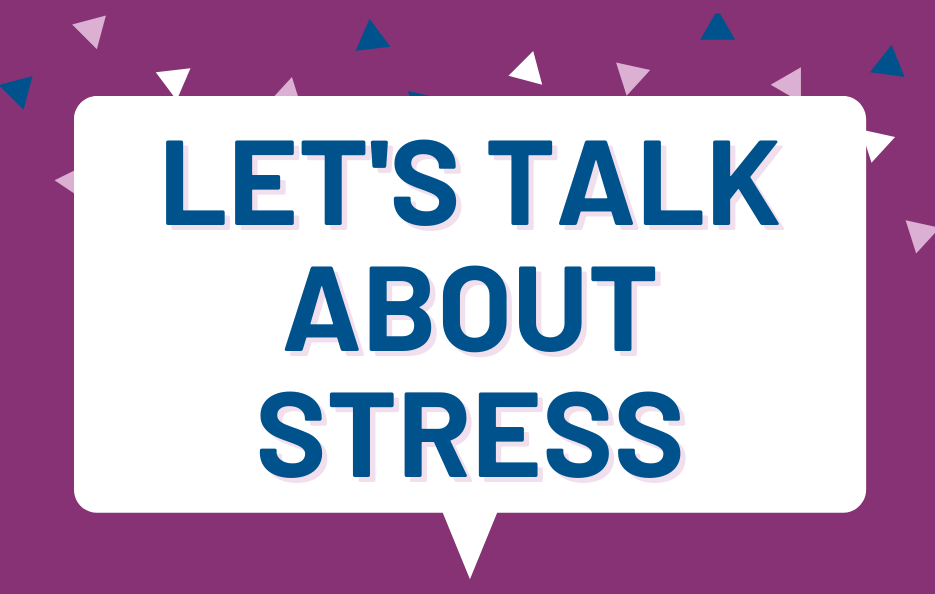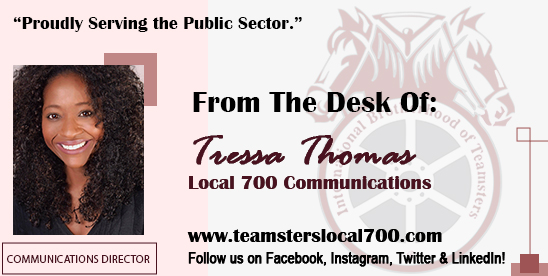 APRIL 2022 IS STRESS AWARENESS MONTH APRIL 2022 IS STRESS AWARENESS MONTH
Stress Awareness Month has been recognized every April since 1992, but this year it seems particularly important. Learning to cope with our stress and finding healthy ways to deal with these situations can go a long way in living a healthy and positive life. A recent survey found that about two-thirds of U.S. workers report engaging in behavior such as drinking or crying regularly in order to deal with stress.
WHY STRESS AWARENESS MONTH IS IMPORTANT
It reminds us to pay attention to our health. According to the official website, "Stress Awareness Month is a national, cooperative effort to inform people about the dangers of stress, successful coping strategies, and harmful misconceptions about stress that are prevalent in our society."
4 STRESSFUL FACTS YOU NEED TO KNOW
- Stress can help — sometimes
According to the National Institute of Mental Health, "stress can motivate people to prepare or perform and might even be life-saving in some situations."
- It's sickening — literally
People under stress – especially those prone to chronic stress — are more susceptible to a variety of ailments, from headaches and insomnia to high blood pressure and heart disease.
- Stressed? Here's why
A survey by the American Psychological Association found that the five factors most often cited as a source of stress were money, work, family, economic outlook and relationships.
- America's highest and lowest stress states
A report on WalletHub found that the most stressed-out states in America are Louisiana, New Mexico and West Virginia. The least? Minnesota, North Dakota and Utah.
HOW TO OBSERVE STRESS AWARENESS MONTH
Practice meditation
One of the most effective ways to deal with stress is to learn how to silence the mind. Meditation is one of the most popular methods of achieving this quiet.
Exercise
Another way to battle the debilitating effects of stress is to exercise. Whether you're a jogger, bicyclist or just like to take long walks, be sure to get some fresh air and exercise into your daily routine.
Visit your doctor
They're really in the best position to get you started on the path to a stress-free lifestyle. Make an appointment today.
What does Stress Mean to You?
We all experience stress – yet we may experience it in very different ways. Because of this, there is no single definition for stress, but the American Institute of Stress states the most common explanation is “physical, mental, or emotional strain or tension.”
A 2017 study by the American Psychological Association found the most common sources of stress reported among Americans were the “future of our nation” (63% of respondents mentioned), money (62%), work (61%), political climate (57%), violence/crime (51%).
A 2020 update of this information is equally interesting, particularly for its highlight of Gen Z’s higher than usual stress levels (when compared to other age demographics).
Effecting More than Just Your Mind
Long-term stress can prove to be more than just a mental issue. From headaches to stomach disorders to depression – even very serious issues like stroke and heart disease can come as a result of stress.
When you are placed in a stressful situation, specific stress hormones rush into your bloodstream, leading to an increase in heart rate, blood pressure and glucose levels. This is helpful in emergency situations, but having this “rush” for extended periods of time can be dangerous and make you susceptible to the issues mentioned previously.
Learn to Overcome Issues You Can Not Change
Sometimes the stress in our lives is not something we have any power to change – it is during these times that Federal Occupational Health recommends you change your approach to situations. Try to…
- Recognize when you don’t have control, and let it go.
- Avoid getting anxious about situations that you cannot change.
- Take control of your reactions and focus your mind on something that makes you feel calm and in control.
- Develop a vision for healthy living, wellness, and personal growth, and set realistic goals to help you realize your vision.
Tips for Coping with Your Stress
The CDC provides some basic ideas to help you cope with stress…
- Take care of yourself – eat healthily, exercise regularly, get plenty of sleep, give yourself a break if you feel stressed.
- Discuss your problems with a parent, friend or another trusted source.
- Avoid drugs and alcohol.
- Recognize when you need more help – know when to talk to a psychologist, social worker or counselor if things continue.
 ? ?
|
